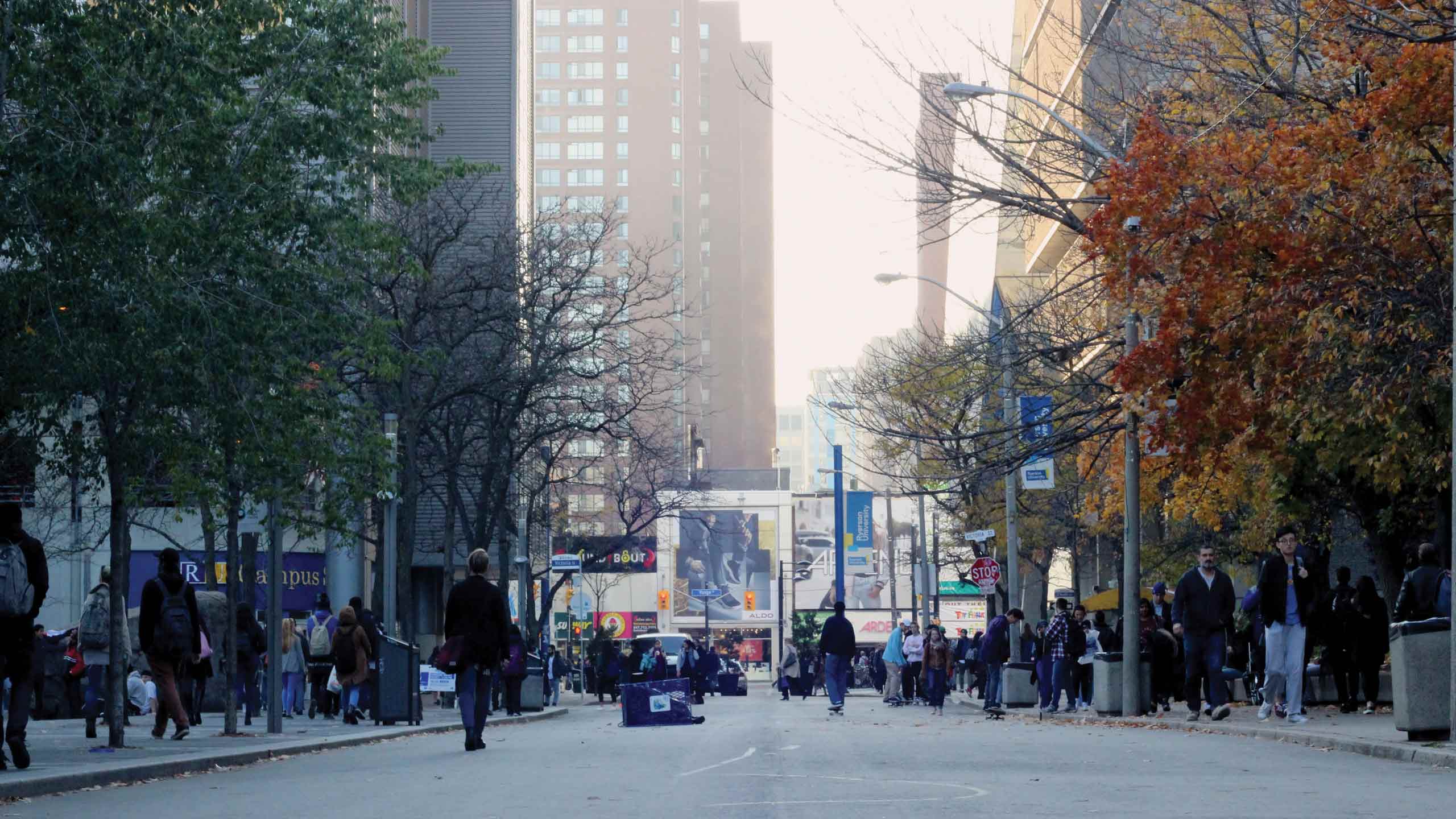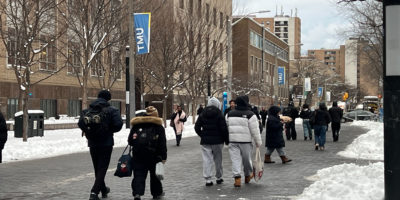By Annie Arnone
Ryerson will soon facilitate an academic partnership alongside the Toronto Police Service to educate officers on bias-avoidance and diversity in the force—but students on campus have expressed concerns.
On Jan. 23, the Black Liberation Collective-Ryerson (BLC)—part of a Canada-wide collective that promotes anti-racist and decolonizing education—posted an open letter to Ryerson president Mohamed Lachemi on their Facebook page outlining their reservations with the school’s decision.
“We are gravely concerned for not only the relationship between the Black Liberation Collective-Ryerson and Ryerson administration, but also for Black students and Black Torontonians,” the statement read.
Lachemi said he’s in the midst of responding to the group’s letter, adding that students might be confused about what the partnership entails.
“This program does not increase the presence of uniformed police officers on our campus,” he said. “This is a voluntary professional development program for police officers, so when they [participate], they’re not in uniforms.”
According to Sandra Buckler of Toronto police, the G. Raymond Chang School of Continuing Education will run the partnership “to develop and deliver modernized police training and education to its members.”
BLC also expressed concerns regarding the fact that they were never consulted about this before the partnership was formed.
Ryerson never announced the partnership, rather it was published in a police press release.
This comes after the implementation of the Way Forward Action Plan, designed to increase diversity and safety on city streets, which will be addressed in Ryerson’s teachings. The Chang school submitted a proposal following a police call out in order to host the program, and won the bid.
“Black students, staff, and faculty are already over-policed and surveilled on this campus, especially because of the increased call for police presence by way of the notoriously anti-Black Office of Sexual Violence. Despite the claim that this partnership will be about addressing diversity and ‘bias avoidance,’ we do not believe this can be done on a campus that is dealing with its own issues of anti-Black and anti-Native racism,” the letter read.
According to Lachemi, Indigenous faculty was included in the discussion to involve police in this program.
BLC did not comment further on the matter in time for publication.
Over the last few months, Toronto police and Ryerson have worked closely with one another, due to Ryerson’s involvement with the Student Resource Officer program (SRO).
The Eyeopener previously published a story outlining the school’s involvement with the SRO program—allowing the presence of uniformed officers in schools—which was ultimately cancelled after the Toronto police board ruled it out of order. Before this, however, Ryerson was promised $80,000 to conduct the review.
They never received that money.
Buckler said Ryerson will be given payment for this academic partnership, through the Ministry of Correctional Services grant and Ontario Policing Effectiveness and Modernization grant.
She added that the goal of this partnership will be to “further professionalization and active accountability by leveraging Ryerson’s ability [to] bring more academic rigor, additional training mechanisms and research to create new and relevant learning opportunities.”












Leave a Reply